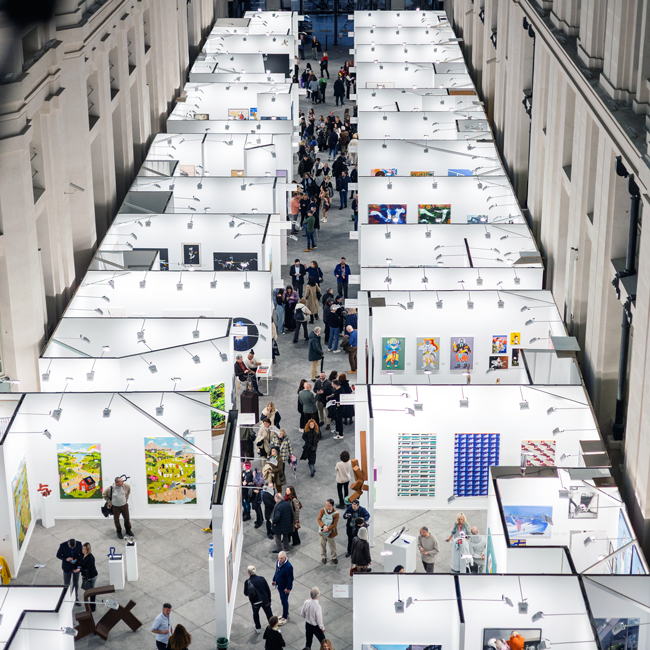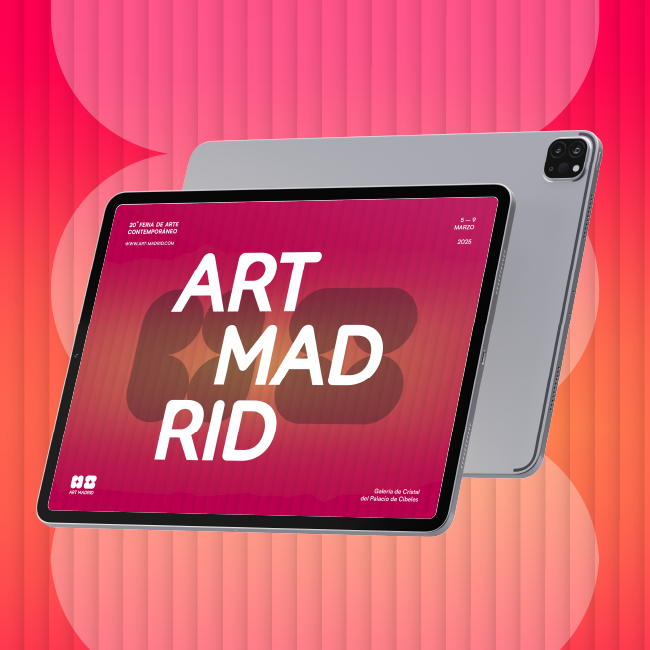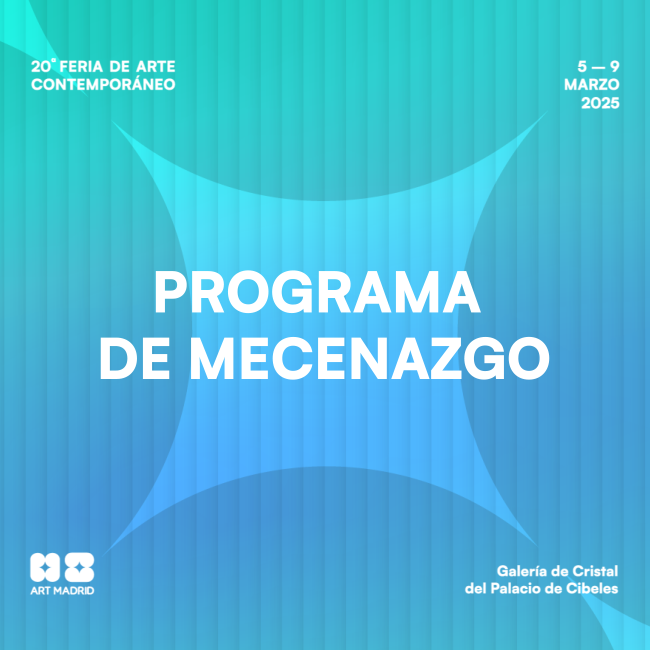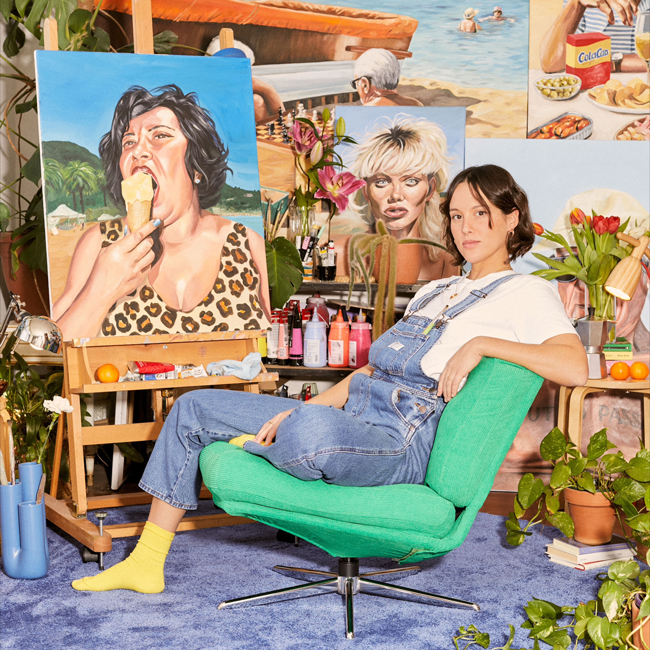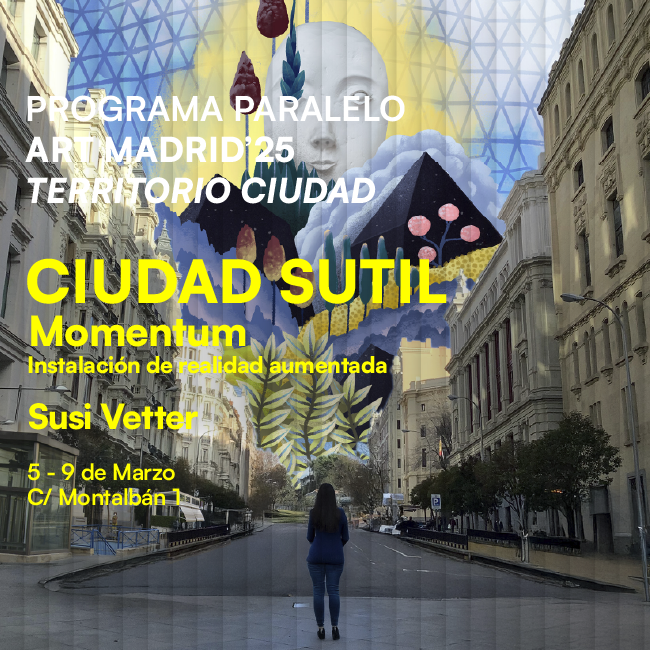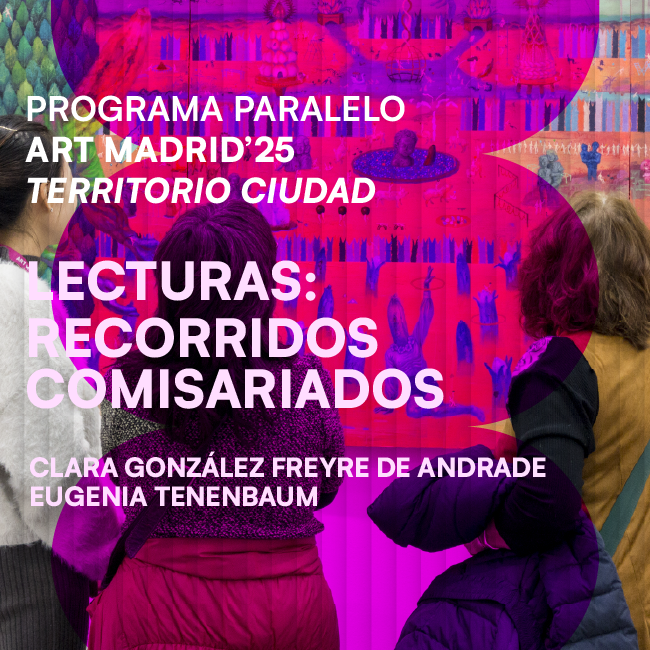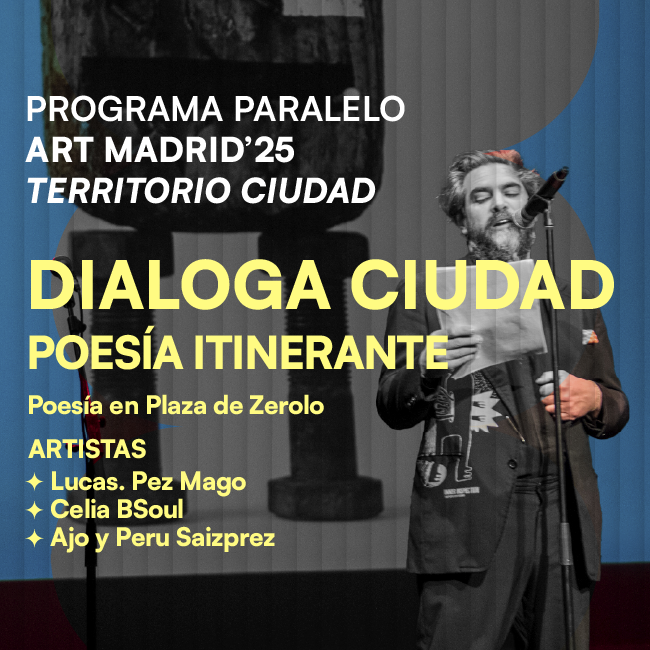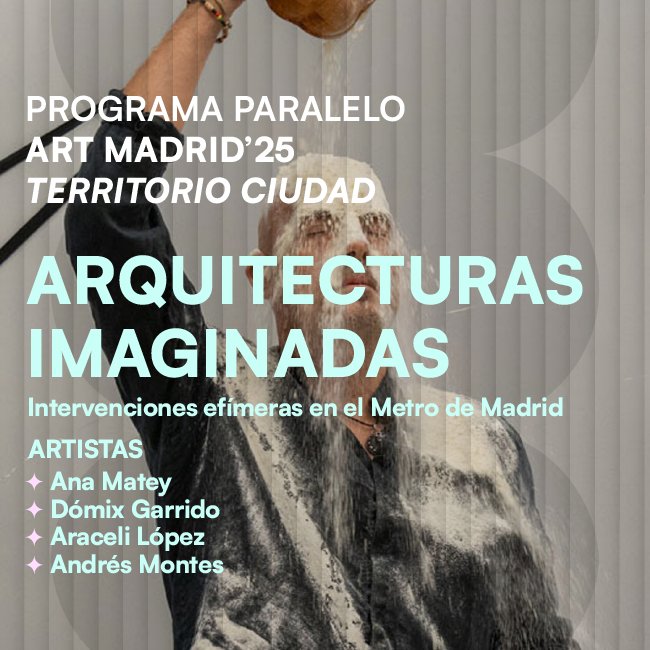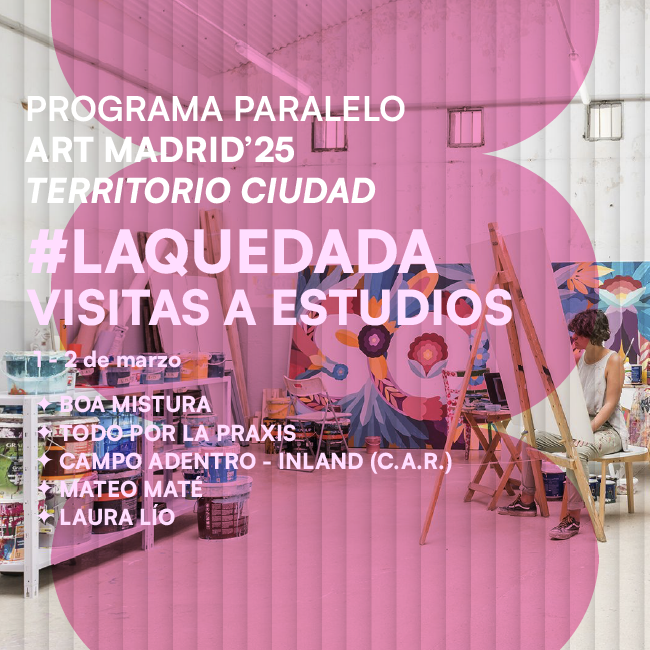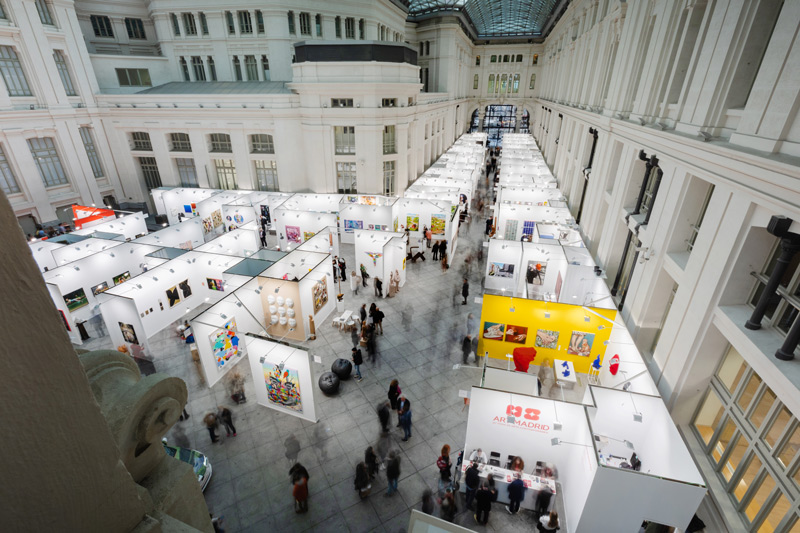AVANT-GARDE PROTOTYPES
Apr 26, 2017
exhibitions
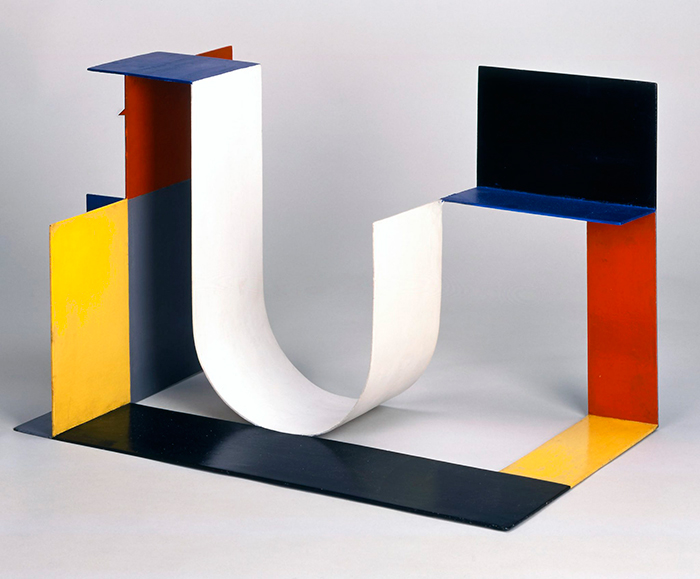
Katarzyna Kobro. Kompozycja przestrzenna (4) [Spatial composition (4)], 1929. Oil and metal 40 x 64 x 40 cm. Muzeum Sztuki, Lódz.
Wladyslaw Strzeminski (Minsk, November 21, 1893-Lódz, December 28, 1952) was a renowned Polish avant-garde artist. Towards the decade of the 1920s he built his particular theory of "unism" which was of great help to musician and composer Zygmunt Krauze. He also stands out as co-creator of the avant-garde art collection of "Lord" collected by the "a.r" collective. After the war he dedicated himself to teaching, teaching plastic arts and design.
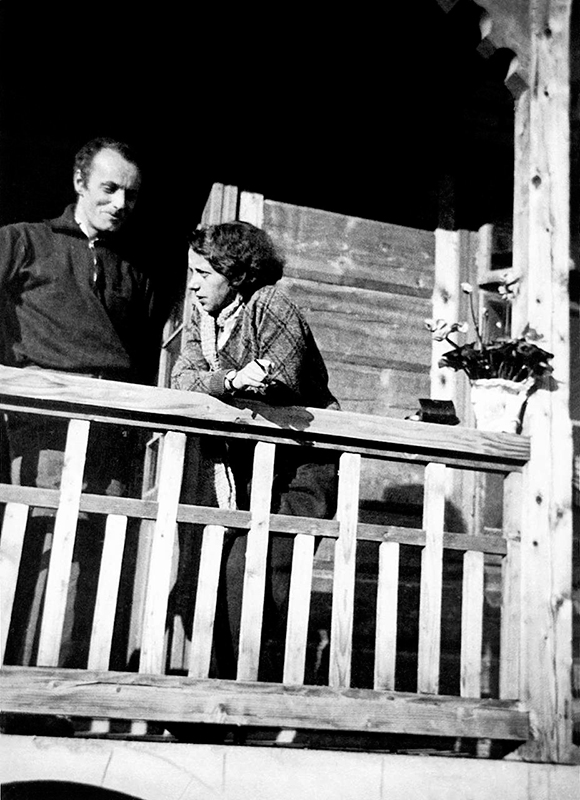
Photo of Wladyslaw Strzeminski and Katarzyna Kobro
Katarzyna Kobro (January 26, 1898 in Moscow - February 21, 1951 in Lódz) The other half of this duo was a Polish sculptress of Latvian, Russian and German origin. Her great strength was to embrace constructivism, leaving aside such currents as individualism, subjectivism or expressionism. Its most marked objective was always the construction of the abstract work cemented on the pillars of experimentation and analysis. Her sculpture conceptualizes the infinite space, taking as reference the origin of the system by coordinates.
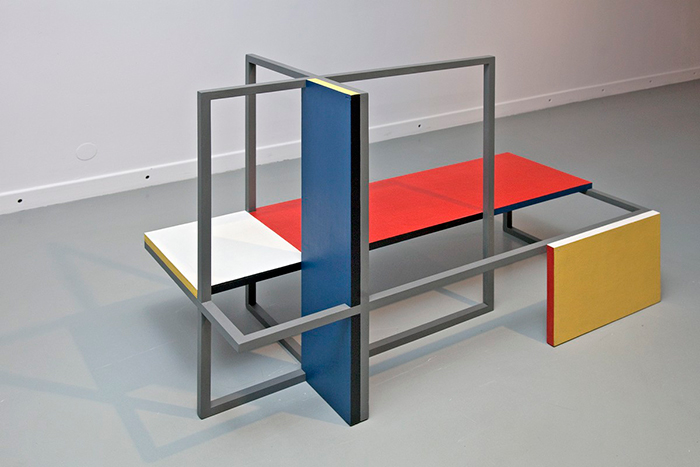
Work of Wladyslaw Strzeminski
At the beginning of the twentieth century, both married and created the perfect symbiosis to materialize their concept of art in those circumstances. A revolution was being woven and they wanted to be part of it. With this exhibition, his curator, Jaroslaw Suchan, director of the Muzeum Sztuki w ?odzi and in collaboration with the Polish Institute of Culture of Madrid want to make known the work of these two lovers of neoplasticism, the Bauhaus and constructivism, movement of which they are Considers precursors in Poland.
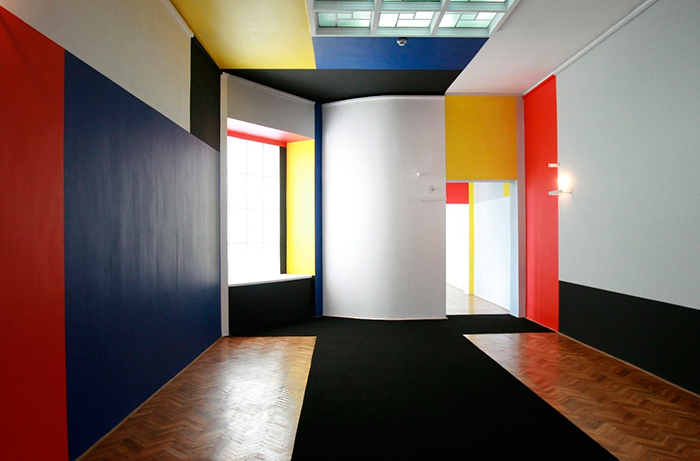
Wladyslaw Strzeminski, Neoplastic Room, Muzeum Sztuki in Lódz, Poland, 1946 #lodz
Radicalization and transgression are his personal trademarks and for this reason, with the "Avant-garde Prototypes" the Reina Sofía Art Center Museum together with the Muzeum Sztuki w Lodzi and Museum have hosted this great exhibition that can be enjoyed until September 18, 2017 in The Sabatini Building.


